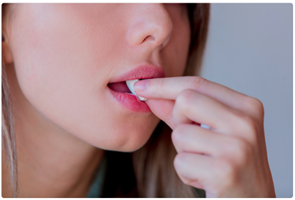PCOS – Alternative Treatments
PCOS – Alternative Treatments
You’ve just learned that you have polycystic ovary syndrome (PCOS). Polycystic ovarian syndrome (PCOS) is the most common hormonal disorder in females of reproductive age. It is characterized by two or more of the following: irregular menstrual periods, hyperandrogenism, and polyclastic ovaries. Here is a guide to some of the available PCOS Alternative Treatments which will hopefully help you.
This condition affects five million women in the U.S. It can wreak havoc on your hormones and still doesn’t have a known cure.
While many women successfully manage their symptoms solely with medication and hormone therapy, some also prefer to supplement traditional treatments with holistic remedies, while others opt for entirely natural alternatives.
Alternative Treatments for PCOS
If you’re looking for alternatives to traditional treatments, there are several evidence-based therapeutic options that have been shown to be effective.”
“In addition to the many possible supplements (which I discuss below) , I suggest you do also target your hormonal imbalances through nutrition. Eat to support your endocrine system as a whole. “Supplements are fine too, but nutrition should play its part.
Here are some natural methods to help manage your PCOS symptoms:
Before launching any alternative treatment, be sure to discuss your plans with your health care provider…
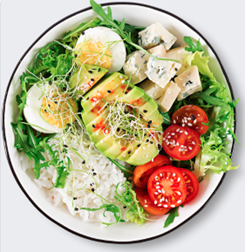
1. Calories
When and what you eat can have a big impact on your glucose, insulin and testosterone levels. Lowering your insulin levels can potentially help with infertility issues. In tests, women with PCOS who regularly ate most of their daily calories at breakfast, improved their insulin and glucose levels and simultaneously decreased their testosterone levels. Their effective diets comprised a 980-calorie breakfast, a 640-calorie lunch, and a 190-calorie dinner.
2. Decrease AGEs.
Women with PCOS have high levels of advanced glycation end products (AGEs) in their blood. AGEs are believed to contribute to some degenerative diseases and aging. One recent study found that reducing dietary AGEs reduced insulin levels in women with PCOS.
3. Vitamin D and calcium.
A study of 100 infertile women with PCOS found that those who took a daily 1500mg of metformin along with 1.000mg calcium and 3,000 IU of vitamin D saw improvements in their BMI, reduced menstrual abnormalities, and other improved symptoms.
4. Get enough magnesium.
Often, women with PCOS show signs of insulin resistance and metabolic syndrome, both of which are risk factors for heart disease, diabetes and stroke. Research indicates that a dietary supplement of the magnesium may improve insulin sensitivity, which can lead to type 2 diabetes and PCOS. Overweight subjects taking 300 mg of magnesium at night showed improvements in fasting blood glucose and insulin levels.
Almonds, cashews, spinach, and bananas are PCOS-friendly magnesium rich foods.
5. Increase your chromium.
Chromium is an essential mineral to regulate insulin and blood sugar levels. Research shows that chromium supplementation can help diabetes sufferers to lower their blood glucose levels.
In women with PCOS, the results indicated that 200 mcg daily of chromium picolinate significantly reduced fasting blood sugar and insulin – comparable to pharmaceutical, metformin.
6. Increase your iron intake
Some women with PCOS experience heavy bleeding during their period. This can result in iron deficiency or anemia. If your doctor has diagnosed you with either condition, talk with them about how you can up your iron intake. They may recommend adding iron rich foods such as spinach, eggs, and broccoli to your diet. They may prescribe iron tablets.
You shouldn’t raise your iron intake without first consulting your doctor. Too much iron can lead to complications.
7. Take on Omega-3
Fish oil is associated with a long list of health benefits. Research indicates that it can decrease androgen levels in women with PCOS. One recent study found that women with PCOS taking three grams of omega-3 per day over eight weeks had lower testosterone concentrations and were more likely to resume regular menstruation.
Here is a long-ish list of other vitamins, minerals, herbs that are claimed to help with PCOS, Diabetes and similar conditions. This is for interest only and we do not actively recommend any of them. Talk to your medical practitioner…
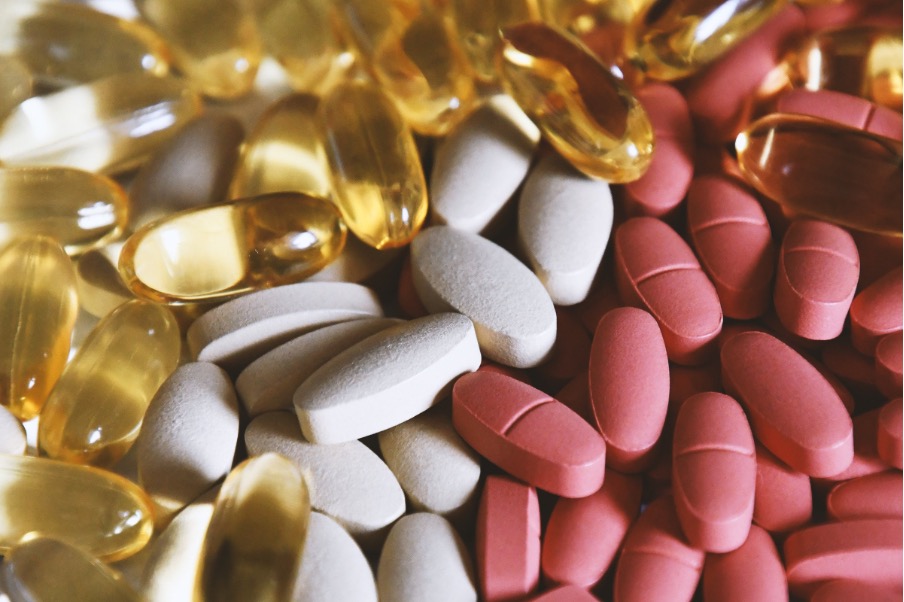
More PCOS Alternative Treatments and Supplements
These Supplements are claimed to help with hormone regulation, insulin resistance, and inflammation associated with PCOS.
Speak to your doctor before taking any supplement. Some of them may interfere with other prescribed PCOS medications.
Inositol
Inositol: is a B vitamin that can help insulin resistance. It’s may help with fertility in some cases of PCOS.
Cinnamon.
This supplement comes from the bark of cinnamon trees. Cinnamon extract can have a positive effect on insulin resistance. It may also help to regulate menstruation for women with PCOS.
Turmeric
The active ingredient in TurCeric is curcumin. It can for reduce insulin resistance and is an excellent anti-inflammatory agent.
Zinc
Zinc is a trace element that can boost fertility and the immune system. Excessive or unwanted hair growth and alopecia may be improved with this element.
Eating red meat, beans, tree nuts, and seafood will get more zinc into your diet.
Evening primrose oil
This has been used to help with period pain and irregular menstruation. It may also improve cholesterol levels and oxidative stress, both of which are linked to PCOS.
Cod liver oil
Cod Liver Oil contains vitamins D and A, as well as high amounts of omega-3. These supplements can help with menstrual regularity and help get rid of fat around your waist.
 Berberine
Berberine
Berberine is an herb used in Chinese medicine to help with insulin resistance. If you have PCOS, berberine may boost your metabolism and balance your body’s endocrine responses.
Maca root
Maca Root is a traditional herb used to boost fertility and libid0. It balances hormones and lowers cortisol levels. It may also help treat depression, which can be a symptom of PCOS.
Ashwagandha
Also called “Indian ginseng.” It helps to balance cortisol levels, which could improve stress and symptoms of PCOS.
Holy basil
Also called tulsi, Basil addresses chemical and metabolic stress. Holy basil can help reduce blood sugar, prevent weight gain, and lower your cortisol levels.
Licorice root
This root contains a compound called glycyrrhizin, which has several unique properties as an anti-inflammatory agent. It works to help metabolize sugar and balance hormones.
Tribulus terrestris
Has been known to help stimulate ovulation and support healthy menstruation. It has also been claimed to reduce the number of ovarian cysts.
Chasteberry
Chasteberry has been used for centuries to help with reproductive conditions. It may improve symptoms of PMS, though its effect on fertility requires more and better research.
Probiotics
Probiotics help with your digestion and gut health. They are also regarded as an important treatment for PCOS. They can also reduce inflammation and regulate sex hormones like androgen and estrogen.
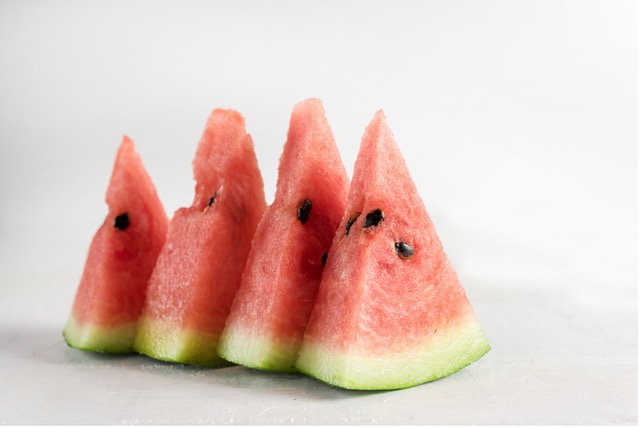
Maintain a healthy weight
Maintaining a healthy weight can help decrease insulin resistance, regulate your periods and reduce your risk of conditions associated with PCOS.
Balance your exercise
Exercise is important, but too much exercise can disrupt your hormones, so talk with your doctor about a healthy balance.
Gentle, low-impact exercises like Yoga or Pilates can be practiced for longer durations. Swimming and light aerobics are also recommended. Some higher intensity interval training and long-distance running may also help improve symptoms of PCOS.
Talk with your doctor about the type of workout that would benefit you most.
Good Sleep

Sleep affects your stress levels and helps regulate cortisol to balance your hormones. But sleep disturbances are common in women with PCOS. So…
- Aim for eight to ten hours of sleep per night.
- Establish a regular time.
- Avoid stimulants or rich
- foods before bedtime.
Reduce stress
Reducing Stress regulates cortisol. Many of the strategies mentioned above, such as yoga, getting enough sleep, and cutting caffeine, can contribute to lower stress levels too.
Taking walks outside and creating space in your life for relaxation can also reduce how stressed you feel.
Avoid endocrine disruptors
Endocrine disruptors are chemicals or ingredients that interfere with or block your body’s natural hormonal reactions. Some endocrine disruptors mimic female and male sex hormones, not surprisingly causing confusion in your reproductive system.
This can increase your risk of PCOS symptoms.
Endocrine disruptors are often found in canned foods, soaps, and makeup. In particular, avoid the following, they will be listed on the side of cans and wrappings. Common endocrine disruptors include:
- Dioxins
- Phthalates
- Pesticides
- BPA
- Glycol ethers
PCOS Alternative Treatments: Be Cautious
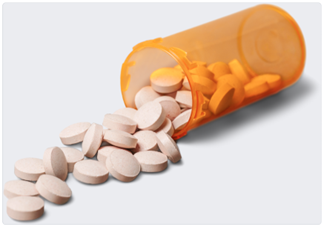 Be very wary of supplements and other alternative therapies that make big claims. Although there’s a fair amount of research on natural treatments for PCOS, more concrete information is still needed to support some alternative remedies.
Be very wary of supplements and other alternative therapies that make big claims. Although there’s a fair amount of research on natural treatments for PCOS, more concrete information is still needed to support some alternative remedies.
You should always check with your doctor before starting any alternative therapy. Some treatments that claim to be miracle products for PCOS may actually impact your fertility or lead to other complications.
Remember that we are all different, and a supplement which works brilliantly for a friend might not work at all for you. So you might need to try several, and even try them in combination, to find what is best for you.
However, be especially wary of:
- Progestin – which can make it more difficult for you to get pregnant
- systemic enzyme therapies
- supplements that promise to “cure all” and provide “instant results”. Such promises cannot be supported.
That’s all for now, but this is an ongoing project, and soon I hope to add a more exhaustive list of recommendations together with sources and user reviews. So bookmark this article and return often.
See you then…
Marie-Louise


